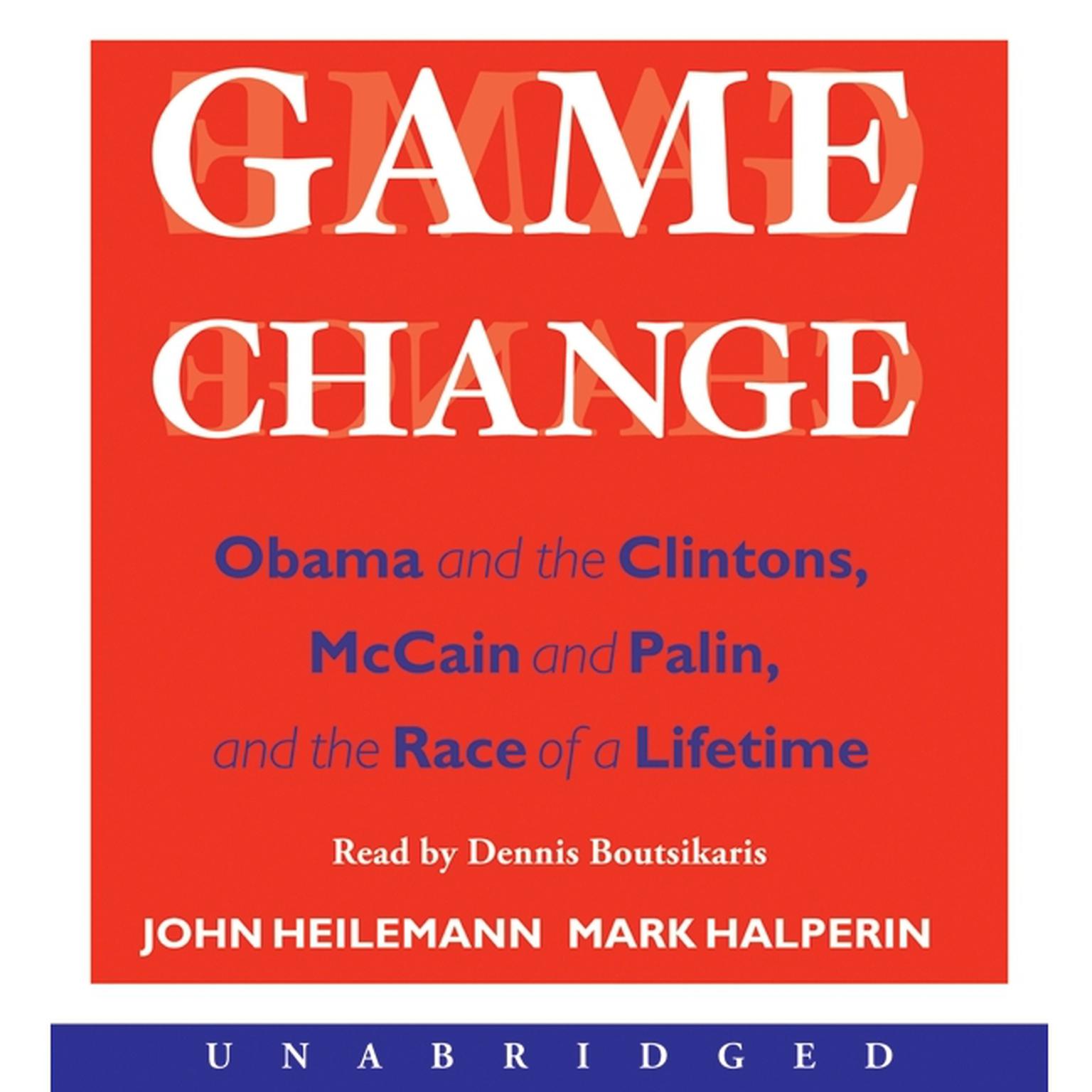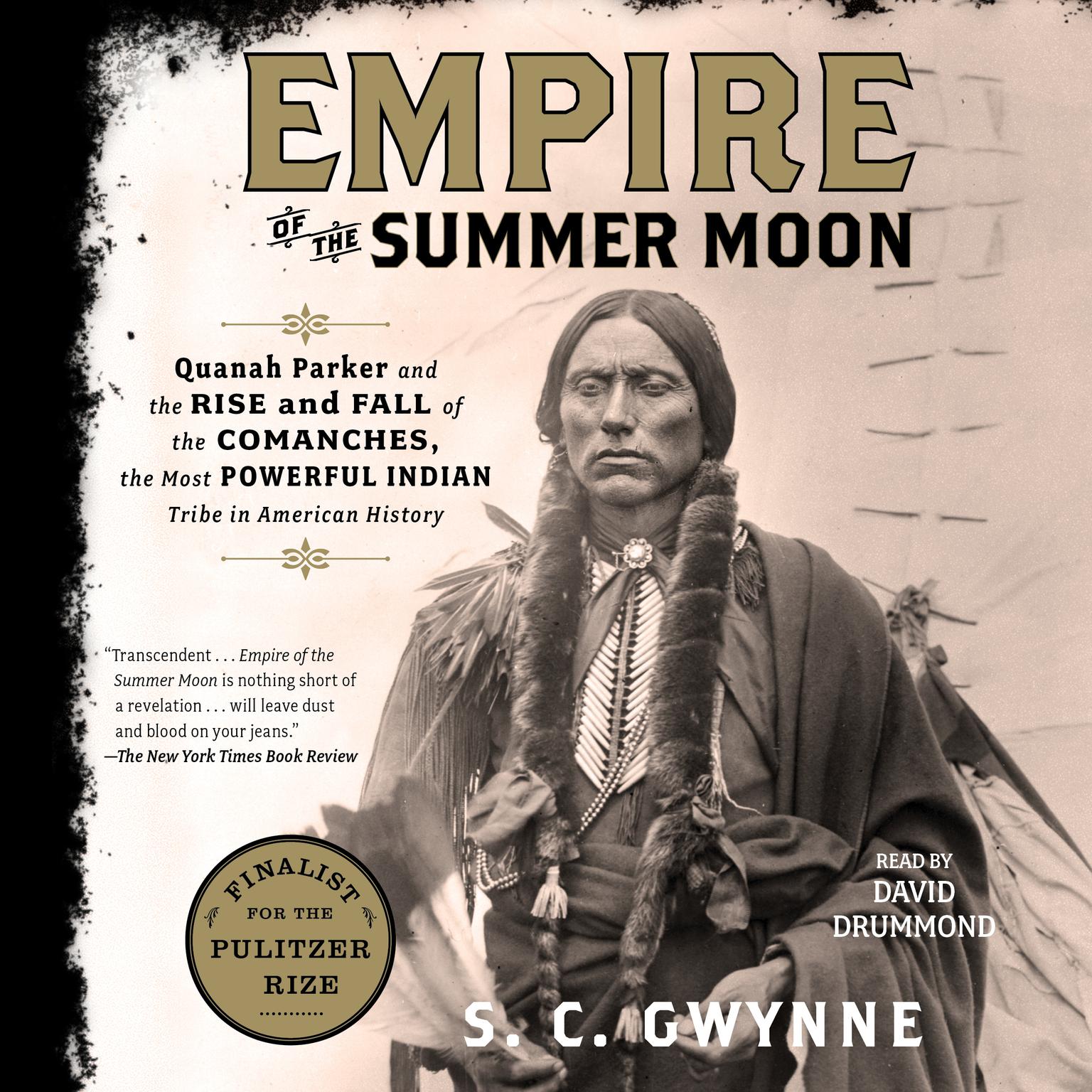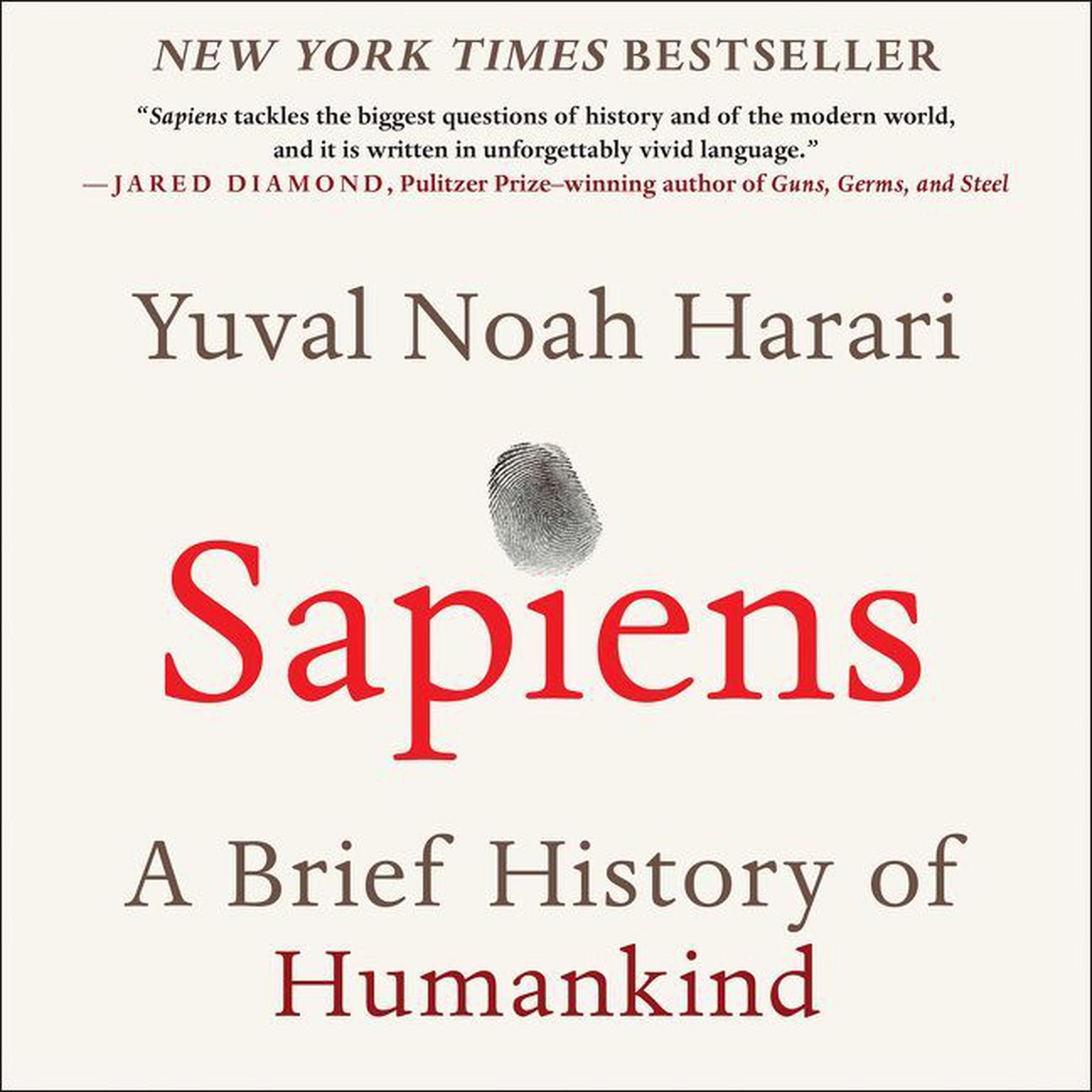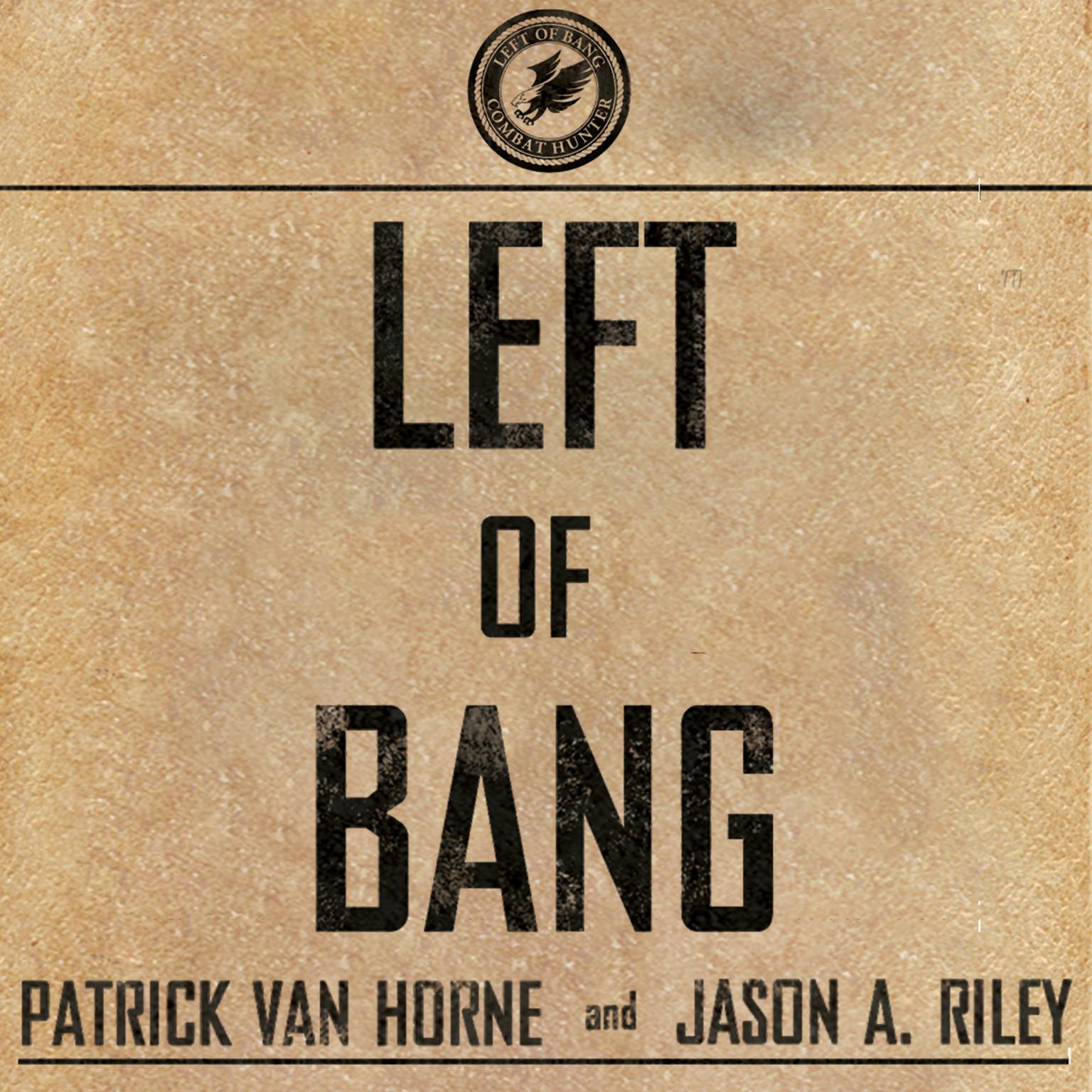Publisher Description
Nothing to Envy follows the lives of six North Koreans over fifteen years, a chaotic period that saw the death of Kim Il-sung and the unchallenged rise to power of his son, Kim Jong-il, and the devastation of a far-ranging famine that killed one-fifth of the population.
Taking us into a landscape never before seen, Demick brings to life what it means to be an average Korean citizen, living under the most repressive totalitarian regime today, an Orwellian world in which radio and television dials are welded to the one government station, a country that is by choice not connected to the internet, a society in which outward displays of affection are punished, and of a police state that rewards informants and where an offhanded remark can send a citizen to the gulag for life
Demick’s subjects—a middle-aged party loyalist and her rebellious daughter, an idealistic female doctor, an orphan, and two young lovers—all hail from the same provincial city in the farthest-flung northern reaches of the country. One by one, we witness the moments of revelation, when each realizes that they have been betrayed by the Fatherland and that their suffering is not a global condition but is uniquely theirs.
Nothing to Envy is the first book about North Korea to go deep inside the country, beyond the reach of government censors, and penetrate the mind-set of the average citizen. It is a groundbreaking and essential addition to the literature of totalitarianism.
Download and start listening now!
“This book was captivating. I find true stories more intriguing than fiction. The ironic title, “Nothing to Envy” is a part of a patriotic song that all North Koreans learn as children. How much they have to envy! The overriding theme for me was HUNGER. Reading their accounts certainly made me grateful for my life and country. It was interesting to read how the “Great Leader” was a god-like figure in their lives. Although religion was banned, a religious worship and loyalty were expected towards the “Father of the People” and the “Great Sun of Life.” “True believers” knew that all good came from him, he provided for all their needs, was omniscient, and that they relied on his mercy. The stories told by these defectors (all different individuals with different reasons for leaving, but telling similar stories of hardship, starvation, and life in North Korea) helped me to realize why an entire country can be “brainwashed” into believing what they did. Other interesting points were the similarities identified between most dictatorial regimes throughout history. Certainly made me interested in learning more, especially with recent accounts in the news of the young new leader and nuclear tests.”
—
Lindsay (4 out of 5 stars)











